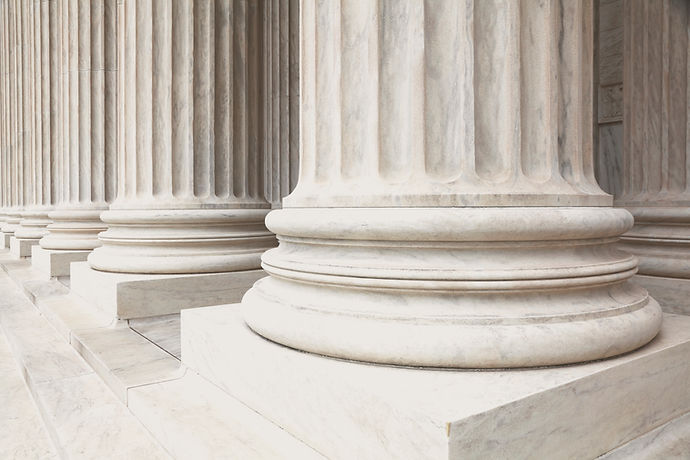Email: bennett@thefordlawoffice.com
Call for a free consultation: 407-514-2772

COURT DATES
What happens at each court date
The legal system is very complex, which can leave you feeling nervous and confused. Many people think their case will be finished after the first court date, but there are actually a series of court appearances that take place before most cases are resolved. Some of these court dates are more significant then others and require you to make critical decisions that can affect the rest of your life. It is crucial that you know what to expect at each stage of your case. You can review the information below or contact us to learn more.
PRE-TRIAL
FIRST APPEARANCE
After you are arrested you will usually go in front of a judge within 24 hours. The judge will inform you of what charges you have been arrested for and will usually set a bond if one has not already been set. This is not the time to argue your case to the judge. In fact, anything you say can be recorded and can be used against you, so it’s best to not say anything about your case. You will receive another court date and that will give you time to retain an attorney to represent you.


ARRAIGNMENT
This is still not the time to argue your case. You simply enter a plea of guilty or of not guilty. If you enter a plea of guilty, you will be sentenced and the charge will go on your record. If you enter a plea of not guilty then you get your next court date. An attorney can enter a written plea of not guilty on your behalf and waive your arraignment.
PRE-TRIAL CONFERENCE
This is a meeting between your attorney, the judge, and the prosecutor. The judge will want to know what the status of the case is and how everyone wants to proceed. The case may be set for a trial, or it could be set for a hearing on a motion or be continued to another pretrial conference.


MOTION HEARING
An attorney can file a motion with the court which is a request for the judge to do something. For example, a Motion to Suppress can be filed in cases where we believe a law enforcement officer did something improper to obtain evidence. The judge will have a hearing where both sides can argue the motion.
TRIAL
TRIAL
Trial beings with each side having the opportunity to make an opening statement. Then the prosecutor puts on his side of the case. He calls his witness, and the defense attorney can ask them questions as well. When the prosecutor is done with his case, the defense can call any witnesses with relevant information that might help the defense.
When both sides are done, they will each make a closing argument to the jury. At the conclusion of the case, the jury will deliberate and must decide if the prosecutor proved the case beyond a reasonable doubt. You don't have to prove that you are not guilty. It is the prosecutor’s burden to prove that you committed the crime. If the jury comes back not guilty then you receive no punishment. If the jury comes back guilty, then the judge will decide what the sentence will be.


SENTENCING
If the jury returns a guilty verdict, then the judge can sentence you up to the maximum that the charge carries, which is based on the degree of the charge and other statutes. The sentencing is often right after verdict, but in some cases, it is set off for a later date. This is sometimes preferable because it can give the defense more time to bring in witnesses and prepare a sentencing memorandum.
